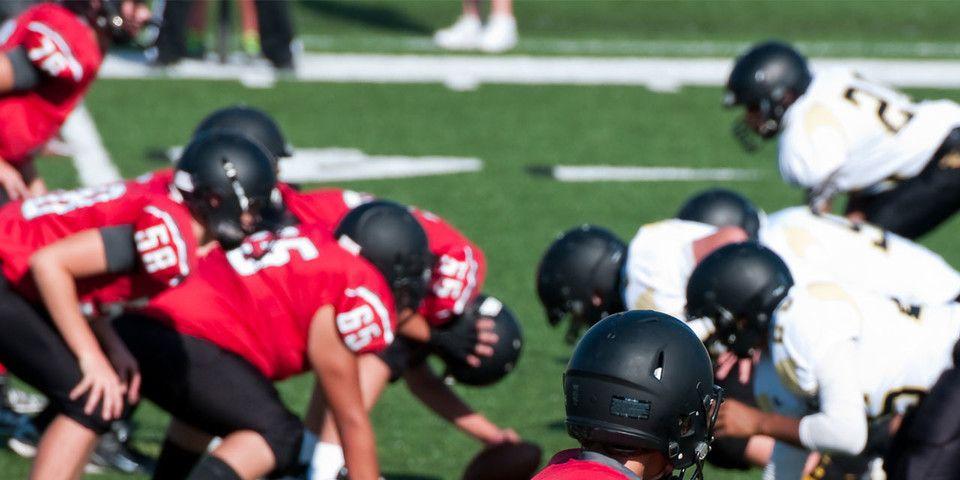Shoulder Dislocation: Facts You Can Trust
Rothman Orthopaedic Institute offers care you can count on for shoulder dislocation
Your shoulder is composed of three bones: the clavicle (collarbone), the scapula (shoulder blade), and the humerus (upper arm bone). Your shoulders have the greatest range of motion of any joint in your body and are your most mobile joints. While this range of motion is a benefit, it comes with particular susceptibility to dislocation and injury.
If you or someone you love is wondering about consulting a shoulder injury physician, Rothman Orthopaedic Institute is here to address your symptoms and offer treatment options. Rothman Orthopaedic Institute offers comprehensive, compassionate orthopaedic care for shoulder dislocation.
Shoulder Instability
The shoulder is a ball and socket joint. When the ball pops out of the socket, it causes instability. Also known as shoulder dislocation, instability occurs as a result of sports injuries, falls, or other trauma to the shoulder. Dislocations of the shoulder tend to reoccur and can lead to long-term instability. This is due to the complex nature of the shoulder, which involves many tendons, ligaments, and muscles.
There is a milder version of this injury. A partially dislocated shoulder (called a subluxation) is where the humerus only partly comes out of the joint and pops back in immediately.
Shoulder Dislocation Symptoms
Having a dislocated shoulder is quite painful. It will be hard to move your arm. Shoulder dislocation symptoms are:
-
Swelling and bruising of your shoulder
-
Numbness, tingling, or weakness in your arm, hand, or fingers
-
Severe pain in or around the shoulder and inability to move the shoulder after 24 hours
-
An audible "pop" or "crack" in the shoulder joint area after an injury
If you experience these symptoms, it is time to consult professional help. Your family doctor will be able to guide you, but ultimately you will need to be evaluated by an orthopaedic physician. At Rothman Orthopaedic Institute, our physicians are some of the most qualified and experienced in treating shoulder injuries.
Shoulder Dislocation Treatment
Your physician will diagnose you by listening to you and observing your symptoms, and by ordering diagnostic imaging studies of the affected shoulder.
Initial treatment for a shoulder dislocation usually takes place in the emergency room and involves getting the shoulder back into socket. Typically you would be given a mild sedative and or pain medication prior to this taking place. The emergency room physician will manipulate the arm and shoulder until it is back into correct alignment. Severe pain usually subsides when the shoulder is in the appropriate position.
Further shoulder dislocation treatment will depend on your specific condition. The doctor may want to immobilize the shoulder in a sling or other device for several weeks. Plenty of rest is needed to allow it to heal. The sore area can be iced three to four times a day. You may be given pain medications to allow you to rest with minimal discomfort.
After the initial pain and swelling go down, your medical team will prescribe exercises for you. These help restore the shoulder's range of motion and strengthen muscles. Physical therapy may also help prevent dislocating the shoulder in the future. Rehabilitation will begin with muscle toning exercises. Later, weight training can be added if your doctor or physical therapist recommend.
If shoulder dislocation becomes a chronic condition, meaning that it happens repeatedly, a brace sometimes helps. However, if therapy and bracing fail, surgery may be needed to repair the structures that hold the joint in place. Trust the Shoulder and Elbow team at Rothman Orthopaedic Institute to help guide you in your decision.
When it comes to your health and well-being, Rothman Orthopaedic Institute is capable and ready to offer you the best options. For more information, please visit us here or contact us at 1-800-321-9999.
Related Physicians
Related Specialties
Related Conditions
Related Treatments
Related Programs
-

Injury Prevention Program
The Injury Prevention Program at the Rothman Orthopaedic Institute is dedicated to the prevention of injuries from athletic participation, particularly youth sports.Read More -

Overhead Throwing Program
Whether it’s throwing a javelin or pitching a baseball, the overhead or throwing athlete is exposed to tremendous forces during overhead sports.Read More




